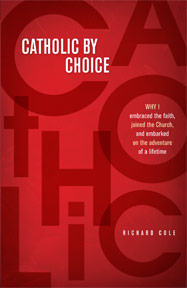As a young man, I had always felt there was something else at the very core of things that I could reach if I only wrote well enough. I had read George Eliot’s passage in Middlemarch:
If we had a keen sense of ordinary things, it would be like hearing the grass grow and the squirrel’s heart beat, and we should die of that roar that lies outside of silence.
I wanted to hear that roar, and at times, as in “Recovering in the Sandwich Islands,” transcendence made a brief, confused appearance. The odd thing is that years later, I felt exactly like the speaker at the end of the poem. Funny how that works.
–
Recovering in the Sandwich Islands
Gentlemen, it was during my late fever
That I noticed the entire Unitarian compound
Reduced to the pure forms of geometry: irradiant
Rooftops and parallelograms still faintly tinged
In purple like the halos on the bloodless orchids
That amaze me every morning. I’ve found
That there’s nothing to fear, that thought
Is a passion like everything else, and yet
In my conversations with Mr. Kalanimoku,
I cannot tell him exactly where passion leads.
It is his wife, I think, that leads a procession
On the anniversary of Our Lord’s death.
Outside my bedroom window, a New England whaleboat
Sails down Water Street on the brown shoulders
Of twenty retainers. In it, the fat queen sits,
And she cannot help but be beautiful,
Though she looks through the men beneath her
As if they were blind.
Something has been lost, says Mr. Kalanimoku,
And thinking I understood, I told him
The story of Jacob: “I shall not let thee go,”
But he only looked farther away, at the ocean,
Slowly crushing a rope of hibiscus
Like tissue in his fingers, and he is right.
I will never find in his words that anguish
Which marks our true conversion,
But I will teach the children the laws
Of true proportion and symmetry, their faces
So intent with intelligence becoming human
That you finally understand their faithfulness
With a feeling torn slowly out by the roots
Of an enormous sadness, though you don’t feel sad.

